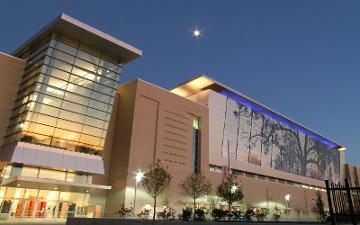
Multiscale Thermo-Mechanical Response of Molecular Solids: Theory, Simulation, Modeling, and Experiments
Thomas Sewell, Donald Brenner
Molecular solids, including molecular and ionic crystals, polymers and polymer composites, play important roles in applications ranging from aerospace and automotive to pharmacy and high energy density materials. A quantitative predictive understanding of the thermo-mechanical properties (e.g. elastic and inelastic deformation, thermal transport, yield, flow, fatigue or fracture) of these materials is still lacking; such an understanding would facilitate the design of new materials with tailored properties, optimized at the molecular and/or microstructural levels, to exploit the intrinsic – and in some cases strongly anisotropic and rate-dependent – mechanical, thermal, and optical properties of the constituent materials and interfaces between them. Such a significant and longstanding challenge will require synergistic interactions among experiments, theory, simulation, and modeling on scales ranging from Å to mm and associated time scales ranging from fs to ms or more. The proposed minisymposium will bring together expert theoreticians and simulators with relevant experimenters in these areas to address the current state of the art and future possibilities.
Topics of interest include:
Electronic structure, molecular dynamics and coarse grain modeling of thermal, mechanical, and optical properties of molecular solids and interfaces between them;
Physics-based mesoscale and continuum models of molecular materials;
Methods for sequential and concurrent scale bridging;
Nano-mechanical characterization of molecular solids (e.g. AFM, nanoindentation);
Experimental characterization of the macroscopic response of molecular materials;
Verification, validation, and uncertainty/marginal reliability estimation techniques.










